|
I quite liked this guys videos on sculpting. This is basically just a book mark for me :-0
I didn't even know this existed. But it seems to work pretty well for scatter stuff. Yet again this was a case of youtube to the rescue. This wasn't the approach I was going to take. It's better. Most game engines let you blend between a series of textures on a landscape to add detail and hide repeats. I didn't know how to do that in Blender and now I do. In the shader node, scale up the UVs to make the texture tile and then use a generated texture as the factor on a mix RGB node between the textures you want to use. Simples. Now to figure out how to control where rocks are spawned using a texture... Obviously I wasn't smart enough to figure this out without watching a bunch of youtube videos like this one... :-0 Take my love for the film Alien, add little John Carpenter and some Turin shroud nonsense and you have one minute and seven seconds of shonky CGI. All the cgi was done in Blender, with texturing in Substance Painter. Edited in Vegas. I used text 2 speech tools for most of the characters. They are still a bit limited even with the emotion controls, but if you pick the words carefully the results are ok I think.
When I started this project, the idea was to bang something out really quickly. I thought I could do it in a couple of weeks, but actually it was probably more like 2 months solid work spread out over the summer. Will he ever learn? :-0 Different to most of my other films, I didn't make storyboards or even have a script until I'd made most of the shots, but because the scope is so limited it didn't burn myself as I've done in the past, so that's a kind of progress I guess. I'm not entirely idle... This was the quick project that I thought would take 2 weeks but has actually taken all summer :-0 Next problem is how to light the little guys without the light being visible.
I made a quick test video using Blender to study reflections for the purpose of painting toy soldiers. It's all connected I swear. I'm actually surprised there isn't already an app for doing this. Last night I decided to have a play with an AI Art tool that takes written cues and generates finished paintings. I'd been resisting doing this for a while but since there are now easily accessible cloud based tools I decided it would be OK to waste an evening on it. Frankly I'm a bit horrified. This stuff is good. I mean it's really good and I don't know what that means. Certainly for concept art for games and movies this ability to endlessly remix and generate new images from existing content is a game changer. The results were wildly better than I expected. So good in fact that I was up half the night thinking about what this means. I think I have future shock. :-0 If you want to try this stuff for yourself, it's very easy, you don't need a fancy computer or to install any software since the whole thing runs in the cloud.
Here's a link to a tutorial that will get you started but essentially all you need do, is scroll down until you see the description of the image and replace that with your own text, then wait fifteen minutes. Youtube tutorial: youtu.be/FA2MNG8D5x0 I had weird cracks in my Shadows. Reducing Bias and Normal Bias appear to fix or reduce this... and I don't have time to read up on why... This is another one of those if I don't write it down I won't remember posts... because I have a memory like a goldfish. Here's the fix... and the credit.... This was the project I worked on in the first 2 months of UK lockdown. I'd say it was 2 months full time work and lots of mistakes were made. I've been away for most of the summer, it's been a crazy year, but now I'm looking back on it and looking to see what I could do better next time. I need to learn how to make outdoor environments, and I need to learn to to do retopo so I can have better facial animation. |
David CoombesMaking stuff Categories
All
Archives
February 2024
|

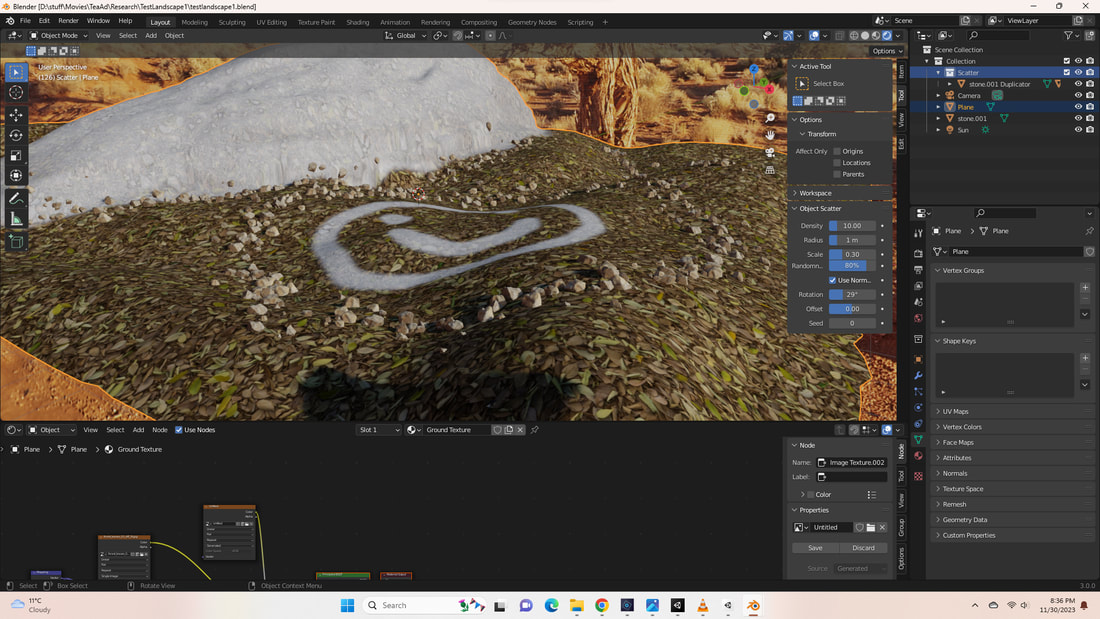
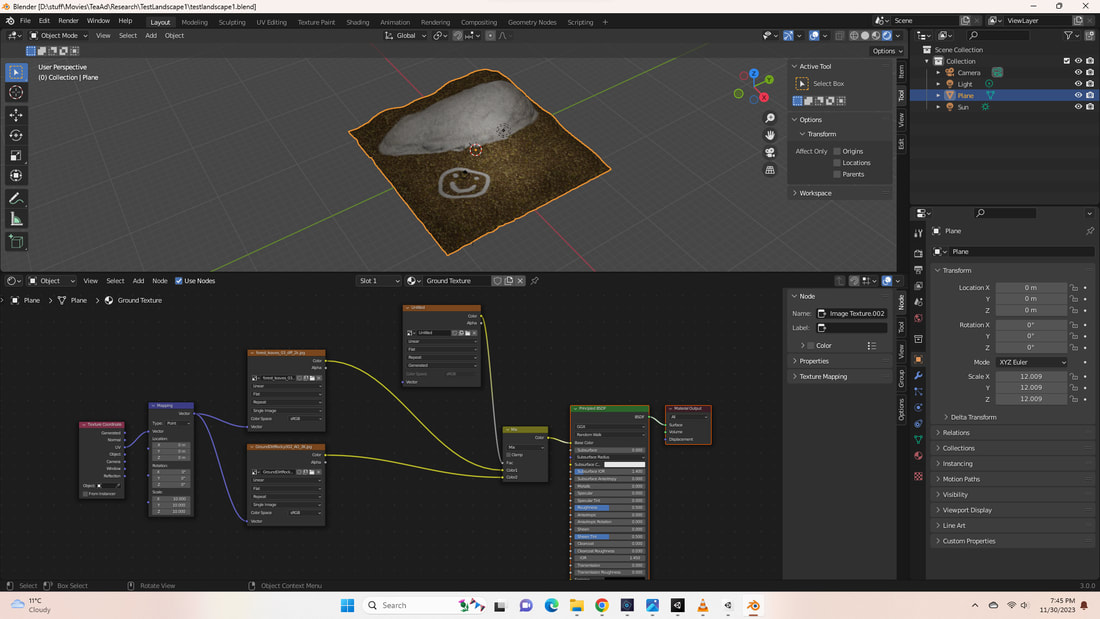
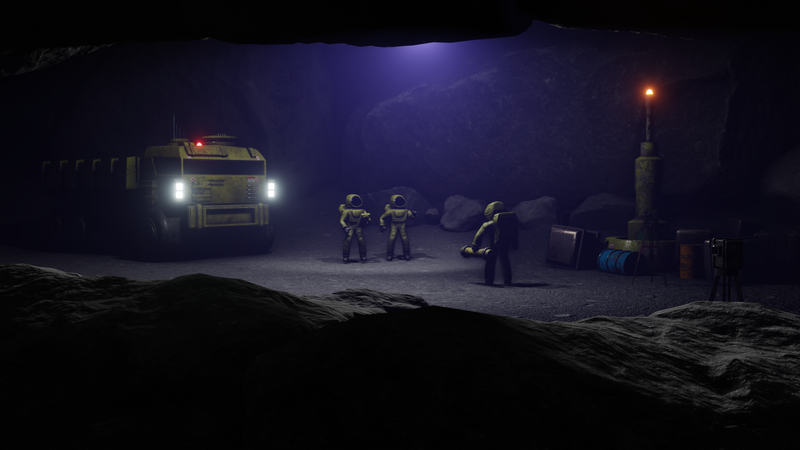
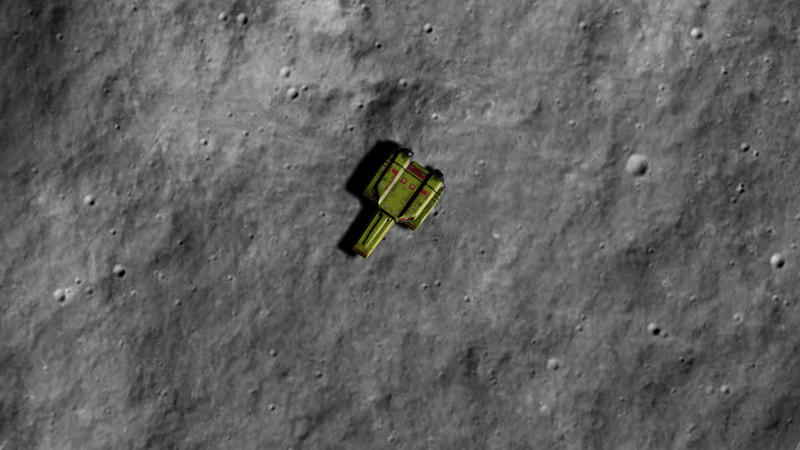
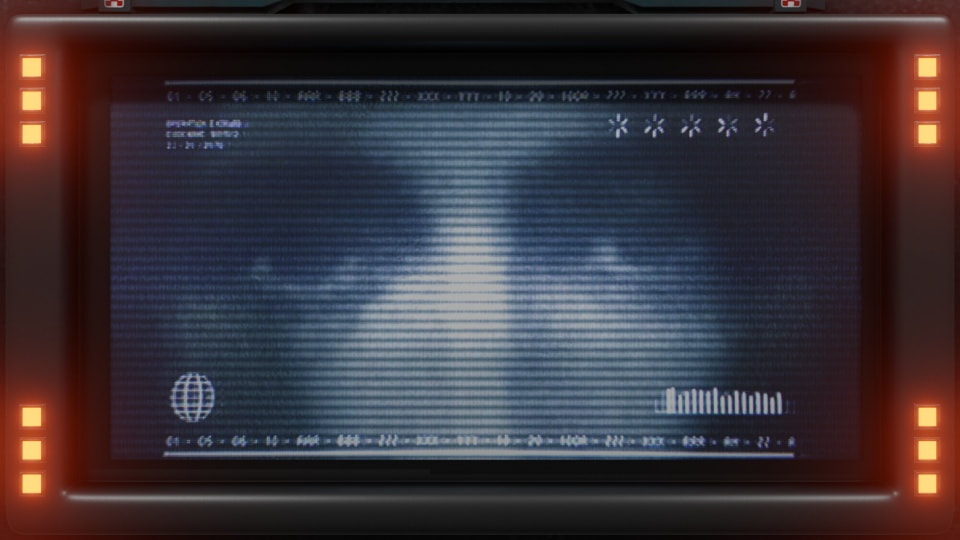
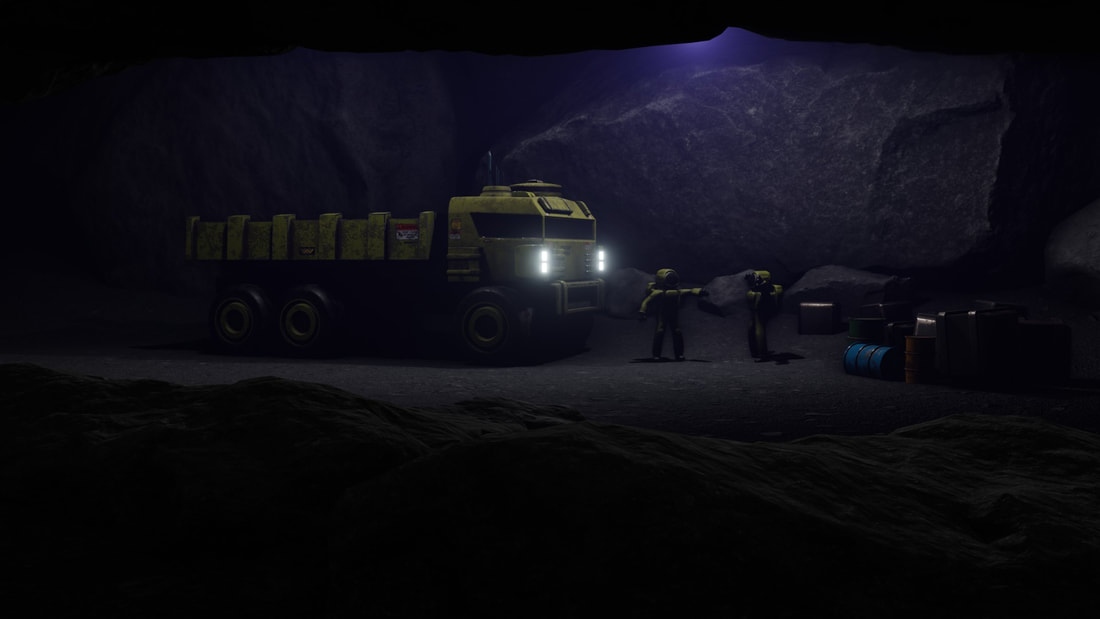
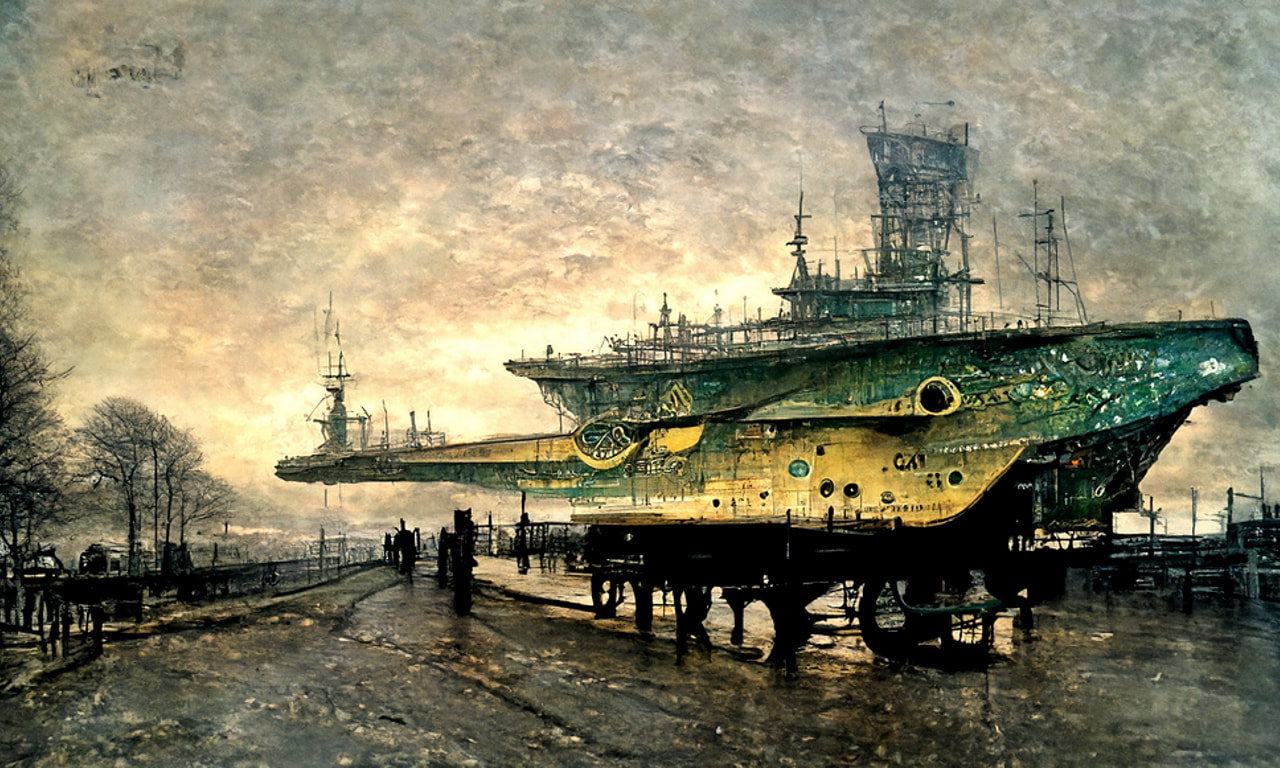
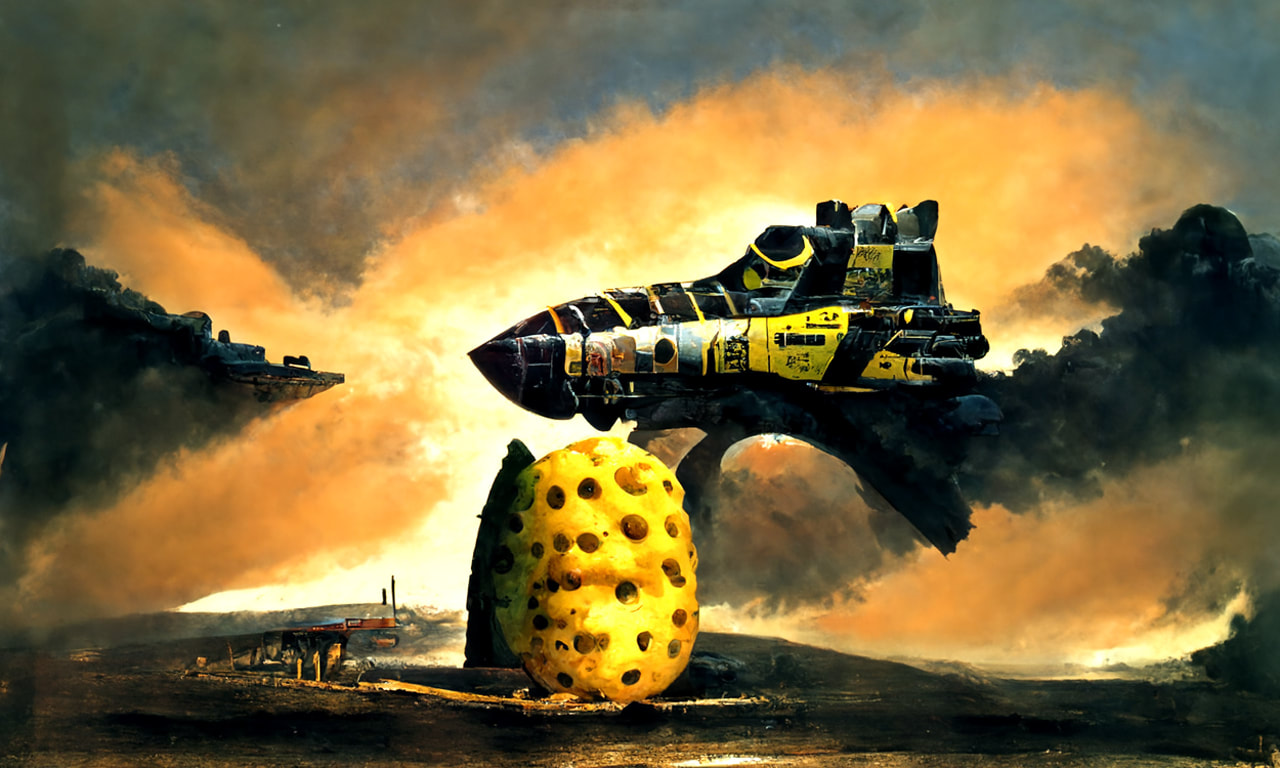
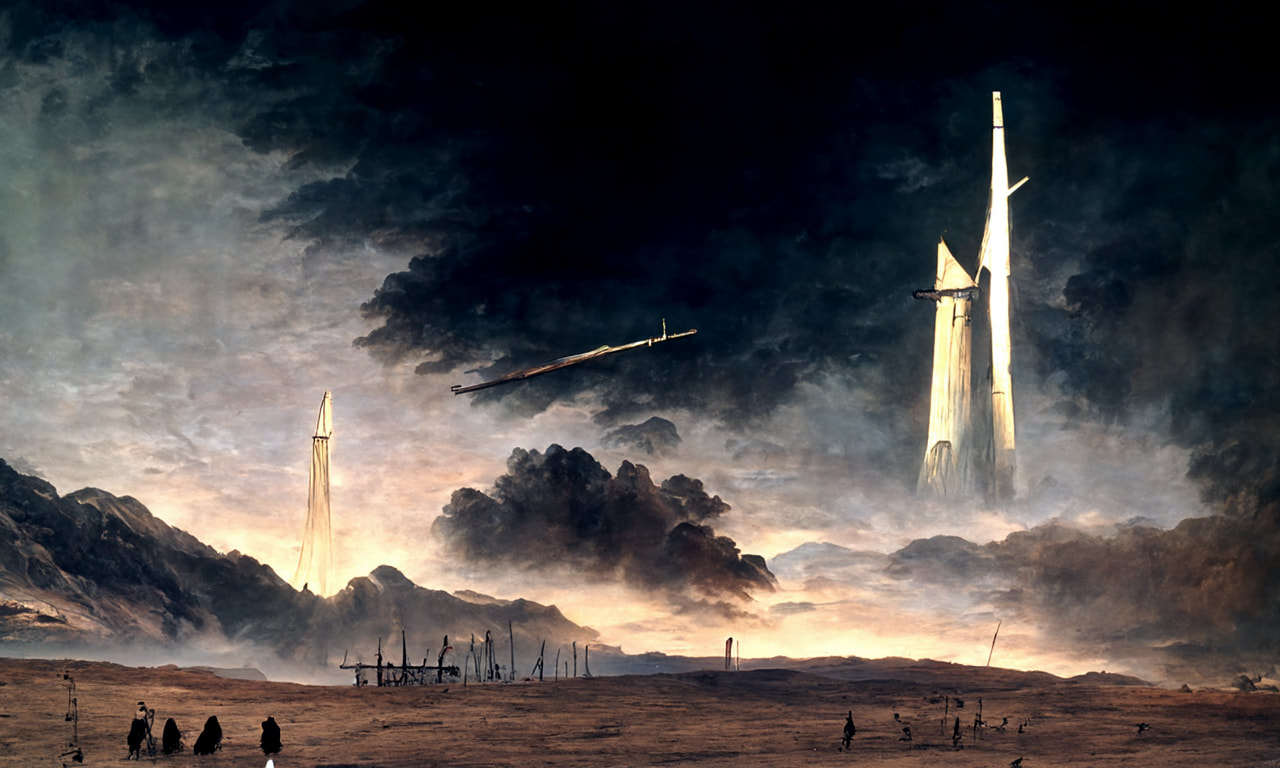
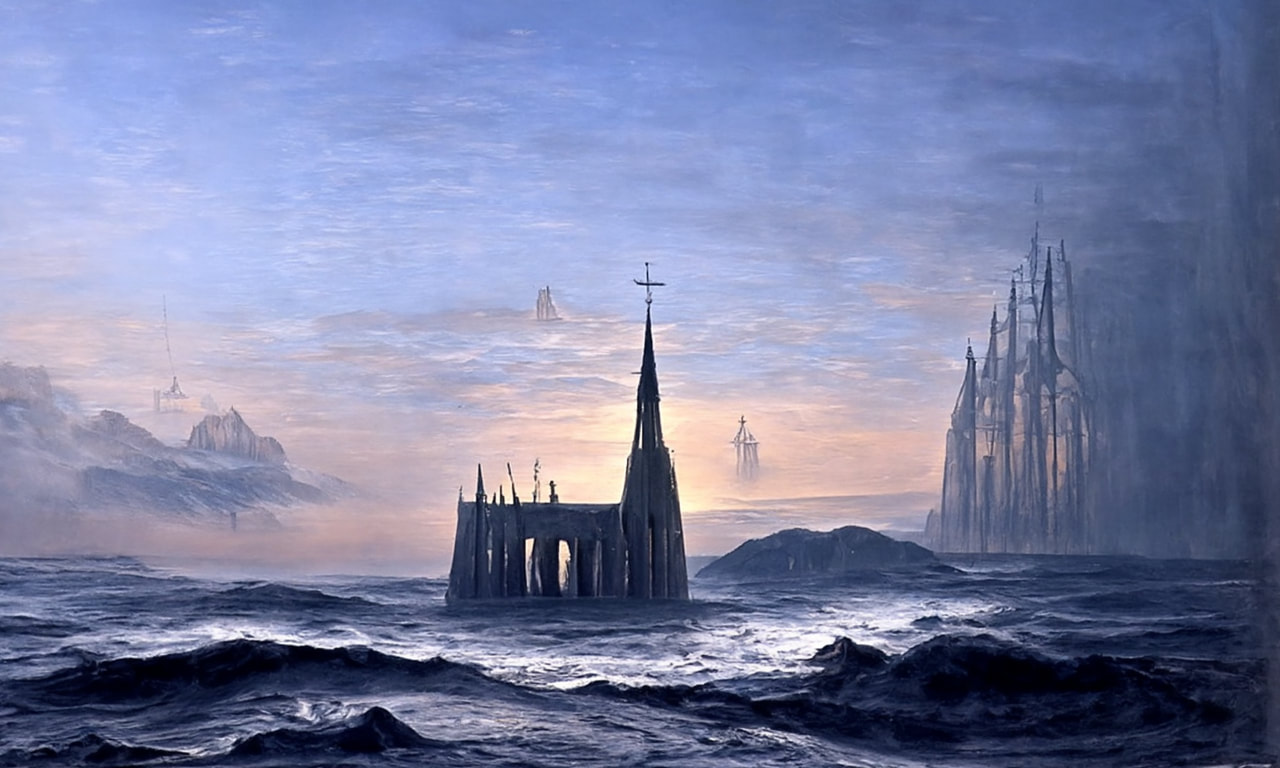
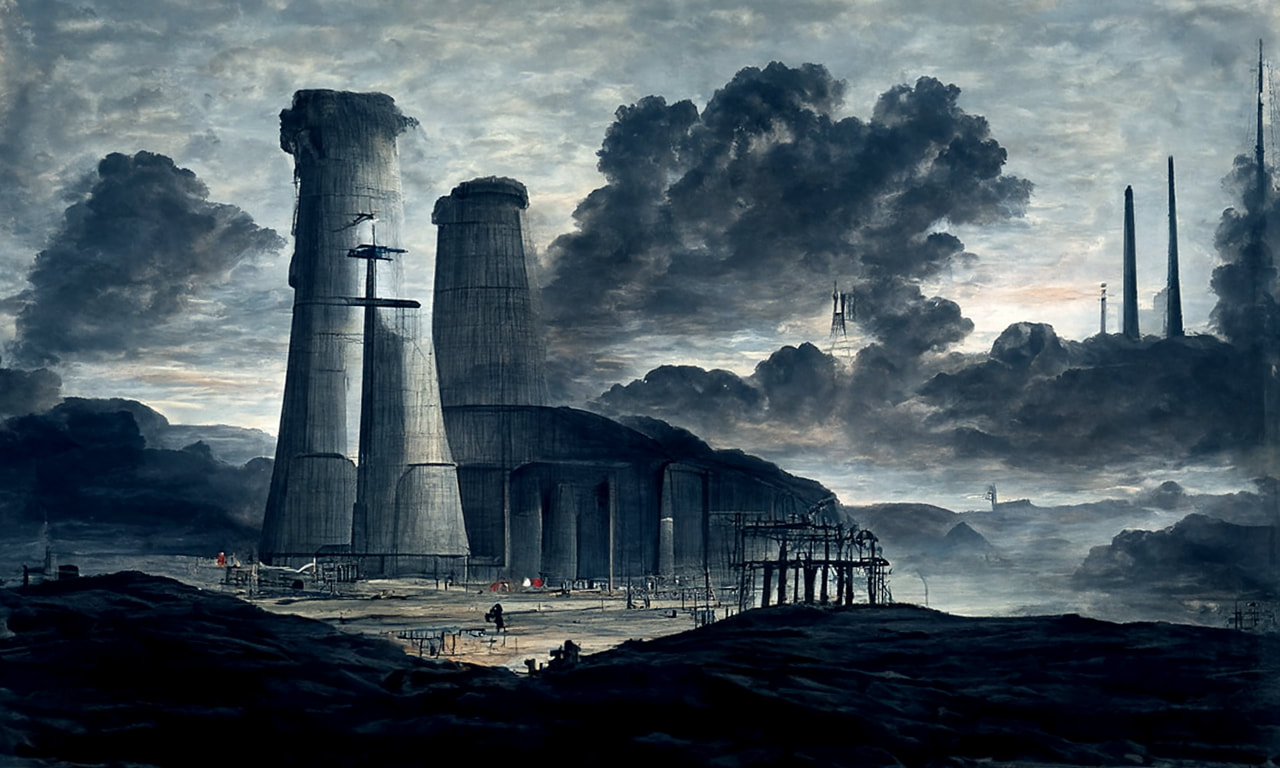
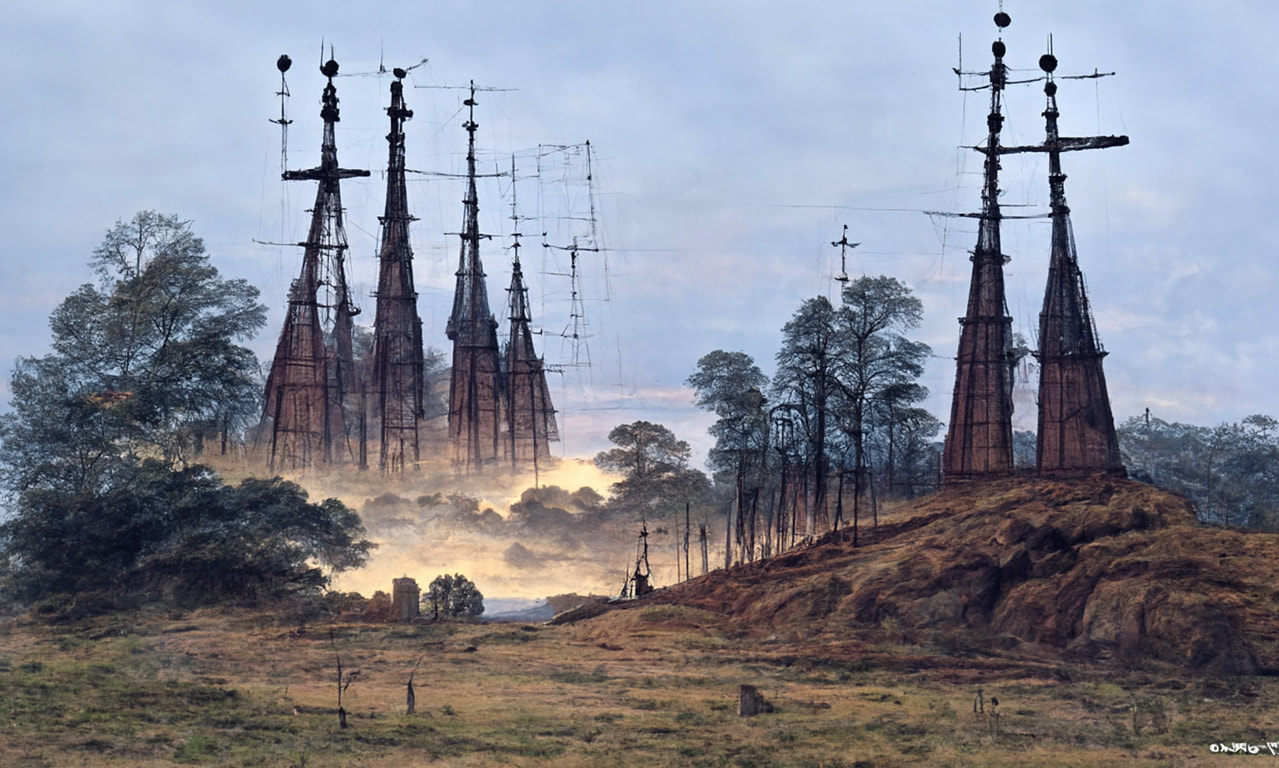
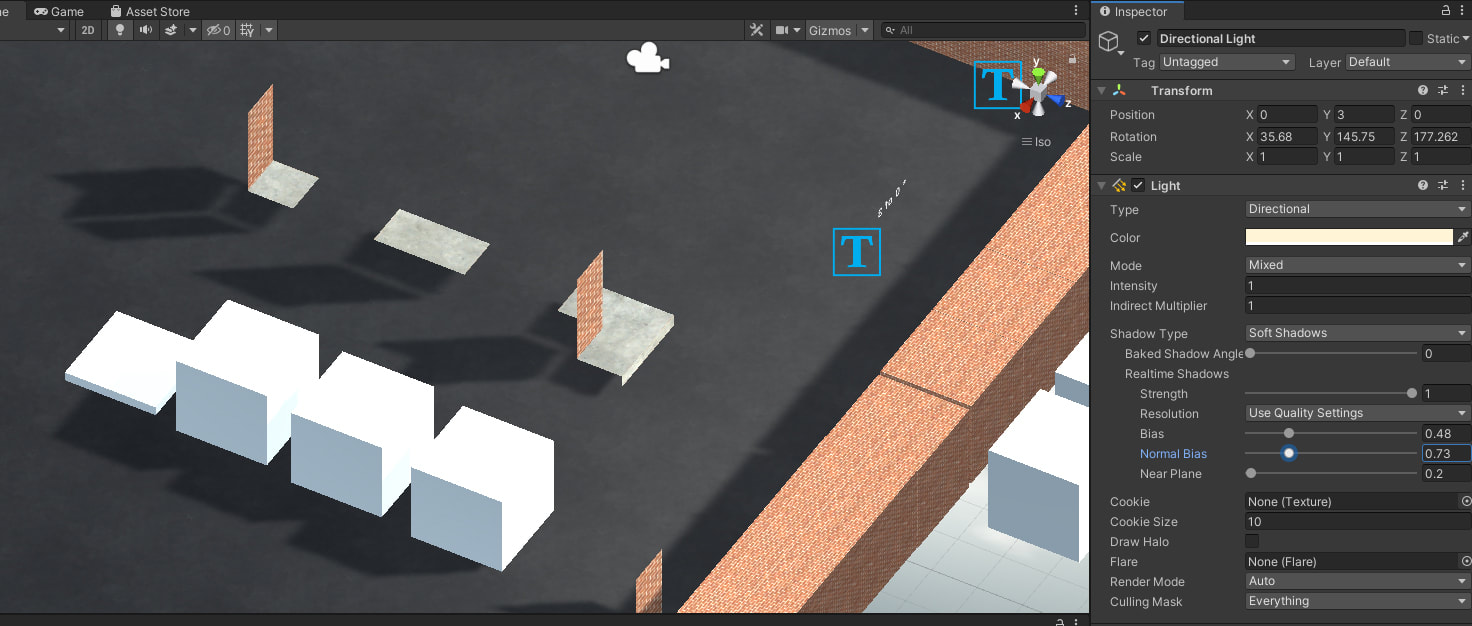
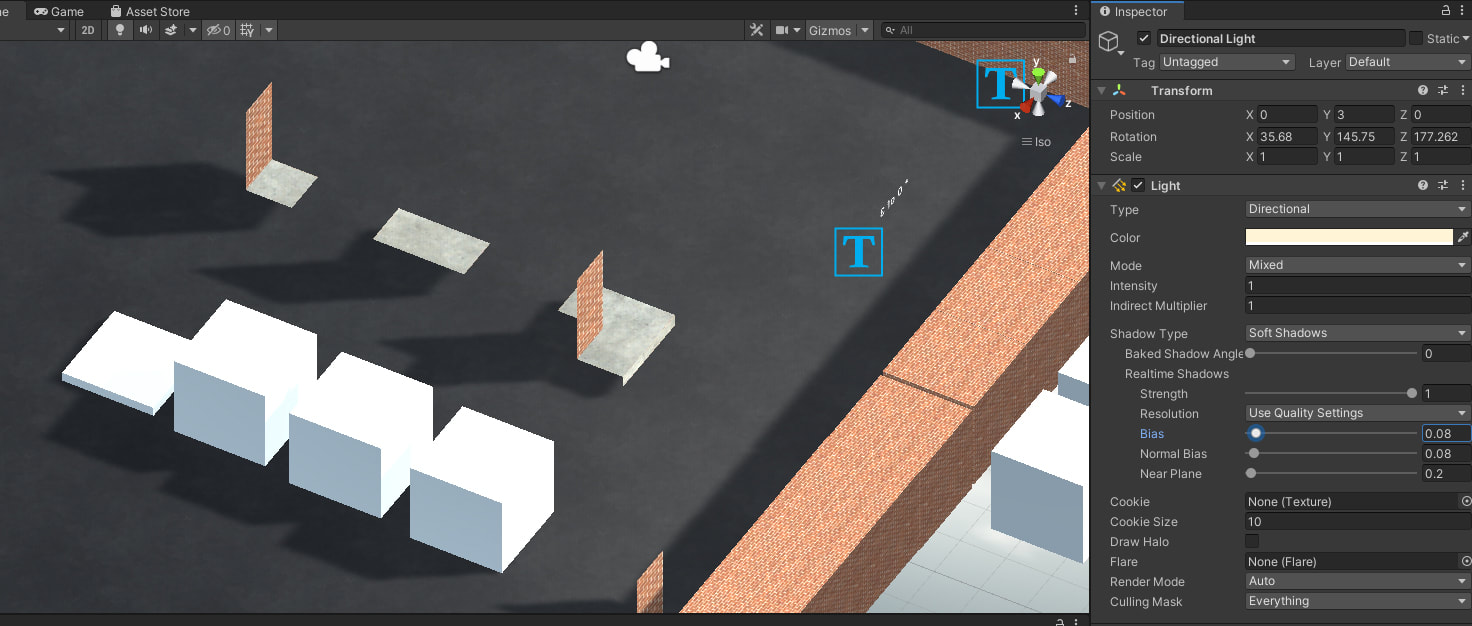
 RSS Feed
RSS Feed